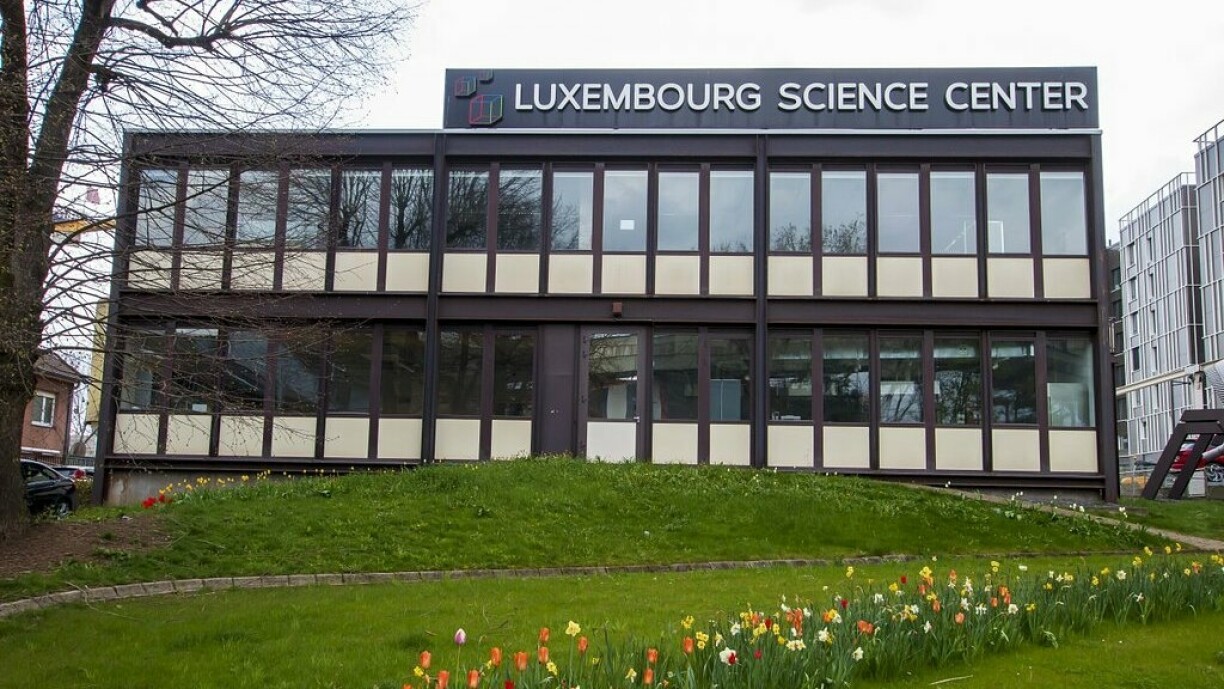
The Ministry of Education terminated its agreement with the Science Center last year due to governance issues and has now responded to a new KPMG report highlighting billing discrepancies. Education Minister Claude Meisch thus stated on Tuesday afternoon that “the matter is definitely off the table” regarding the Science Center case.
This followed an RTL report from earlier that day, which revealed that KPMG’s audit could not confirm the validity of invoices totalling around €1.9 million. These invoices were issued by Nicolas Didier, founder and president of the Science Center, through his private company GGM11 to the non-profit Science Center.
Meisch emphasised that the audit clearly indicates there can no longer be any legitimate claims.
He also mentioned that the Science Center has until next week to comply with additional conditions set by the government to continue receiving subsidies. One key condition is the integration of the activities and employees of the private company into the non-profit Science Center. While the state will finance the employees, Meisch stated there is no justification for financing the private company itself.
At 3.30pm on Tuesday, a general assembly of the Science Center began in Differdange. The agenda included a vote on statute changes required by the State to resolve Didier’s conflict of interest. The press was not allowed to attend the assembly.
KPMG says they could not confirm the legitimacy of billed hours. In simple terms, this means that certain hours were invoiced without proof that they were actually worked.
As the audit report is not currently public, verifying these details is challenging. The Ministry of Education has received the final version and plans to discuss it in meetings next week before making further comments. Previous indications suggested doubts about the validity of certain invoices.
The non-public nature of the KPMG audit provides some protection for Didier, as the Science Center has until 17 July to implement a protocol of understanding with the Ministry of Education. This protocol specifies that board members cannot simultaneously hold director positions and receive salaries, as Didier did. They also cannot provide paid services, another issue identified with Didier’s involvement.
In essence, this means that Didier can either hold a directorial or board member role, but not both simultaneously.
Following the upcoming meetings with the Ministry, one possibility is that Nicolas Didier may continue to have some involvement with the Science Center in some capacity. However, questions arise about the appropriateness of continued state funding considering the allegations that he invoiced for potentially fictitious hours without proper authorisation.
The situation is further complicated by multiple audits, including statements from auditors, the IGF, and now KPMG, all highlighting deficiencies in the Science Center’s accounting practices.
Didier claimed in an April 2023 interview that the Science Center was a private initiative. However, under the current protocol, if the State commissions the centre, it cannot subcontract its operations. Consequently, Didier is no longer permitted to award contracts to his own company, GGM11. Alternatively, the Science Center could absorb employees from GGM11 or even take over the entire company, although this step has not been taken thus far.
Financial matters remain contentious in this complex case. Didier asserts that he is owed money. Regarding his substantial monthly salary of approximately €15,000, he argues that after investing €2.4 million into the project, deducting his salaries still leaves him as a net investor.
However, the IGF holds a different view. According to their assessment, Didier allocated himself numerous salaries that exceeded his initial investment. They contend that if Didier seeks payment for invoices with unsubstantiated hours or unpaid salaries, it would constitute enrichment. The IGF estimates that Didier owes approximately €730,000 to both his company and the non-profit organisation.
One option is to maintain the current setup. Another alternative could involve transforming the centre into a public institution or establishing a new non-profit entity without Didier’s involvement.
Luxembourg Science Center (LSC): LSC president Nicolas Didier owes €730,000: Inspectorate of Finance
General Inspectorate of Finance Luxembourg: Science Center faces decisive days after IGF report